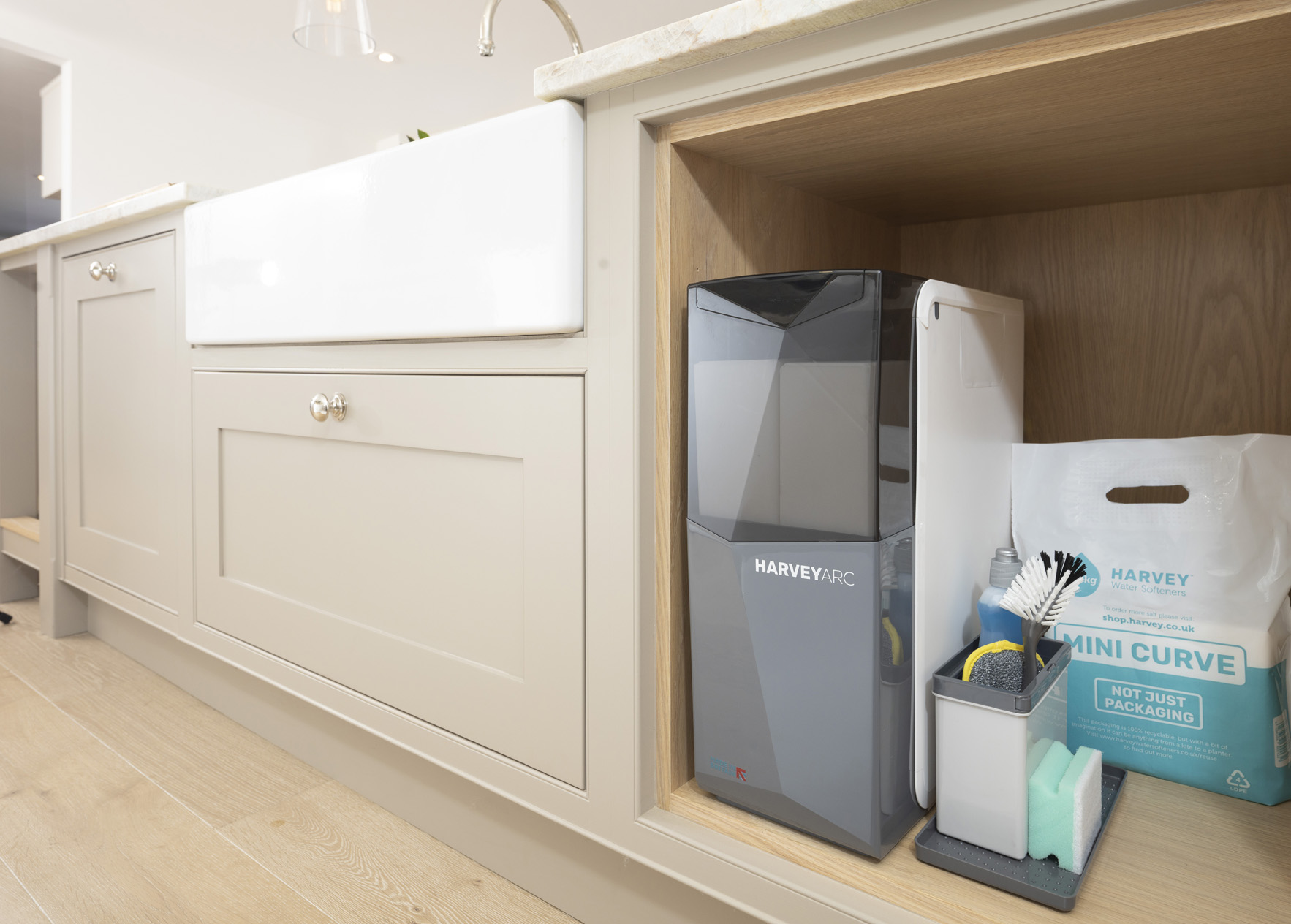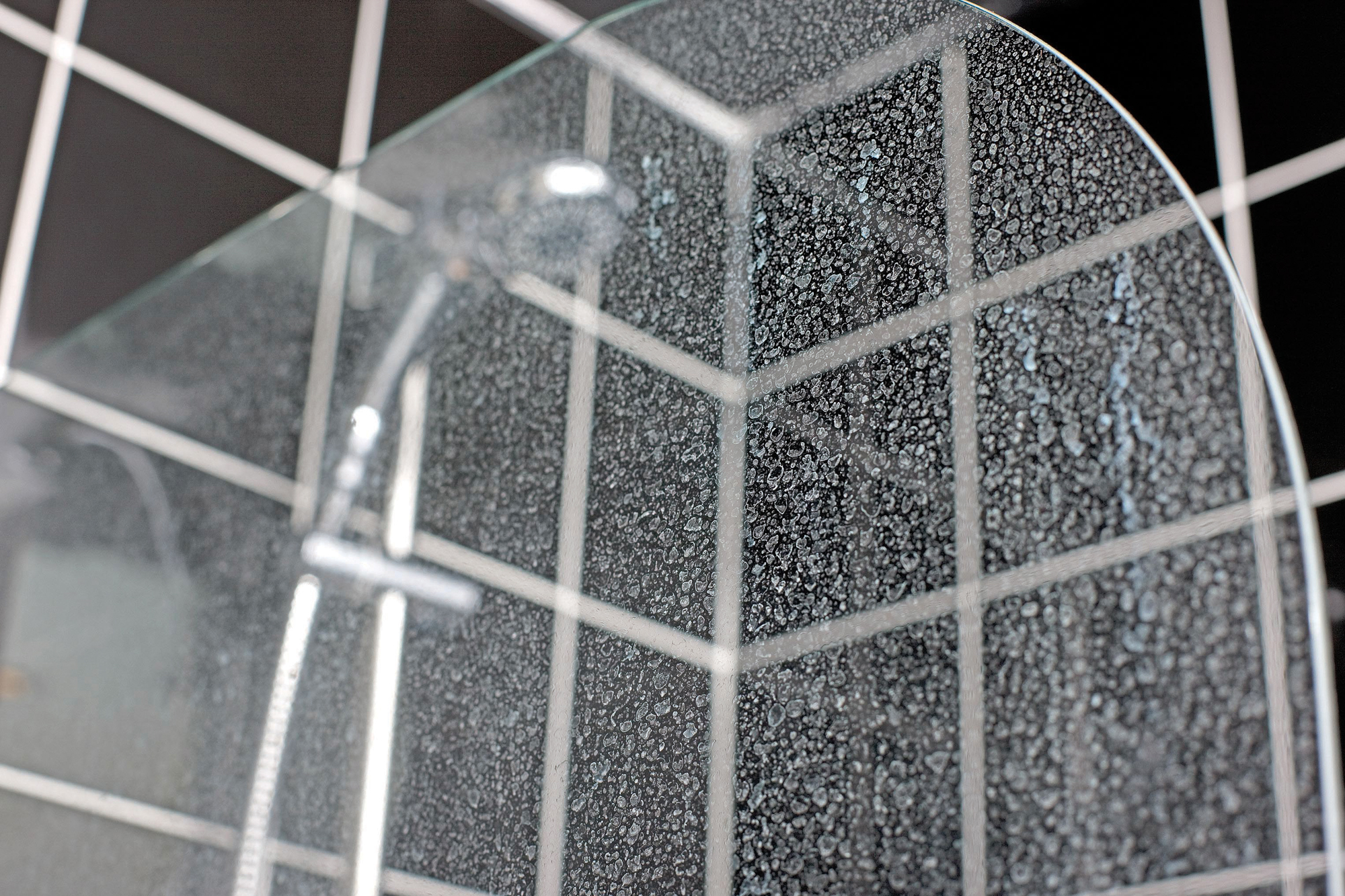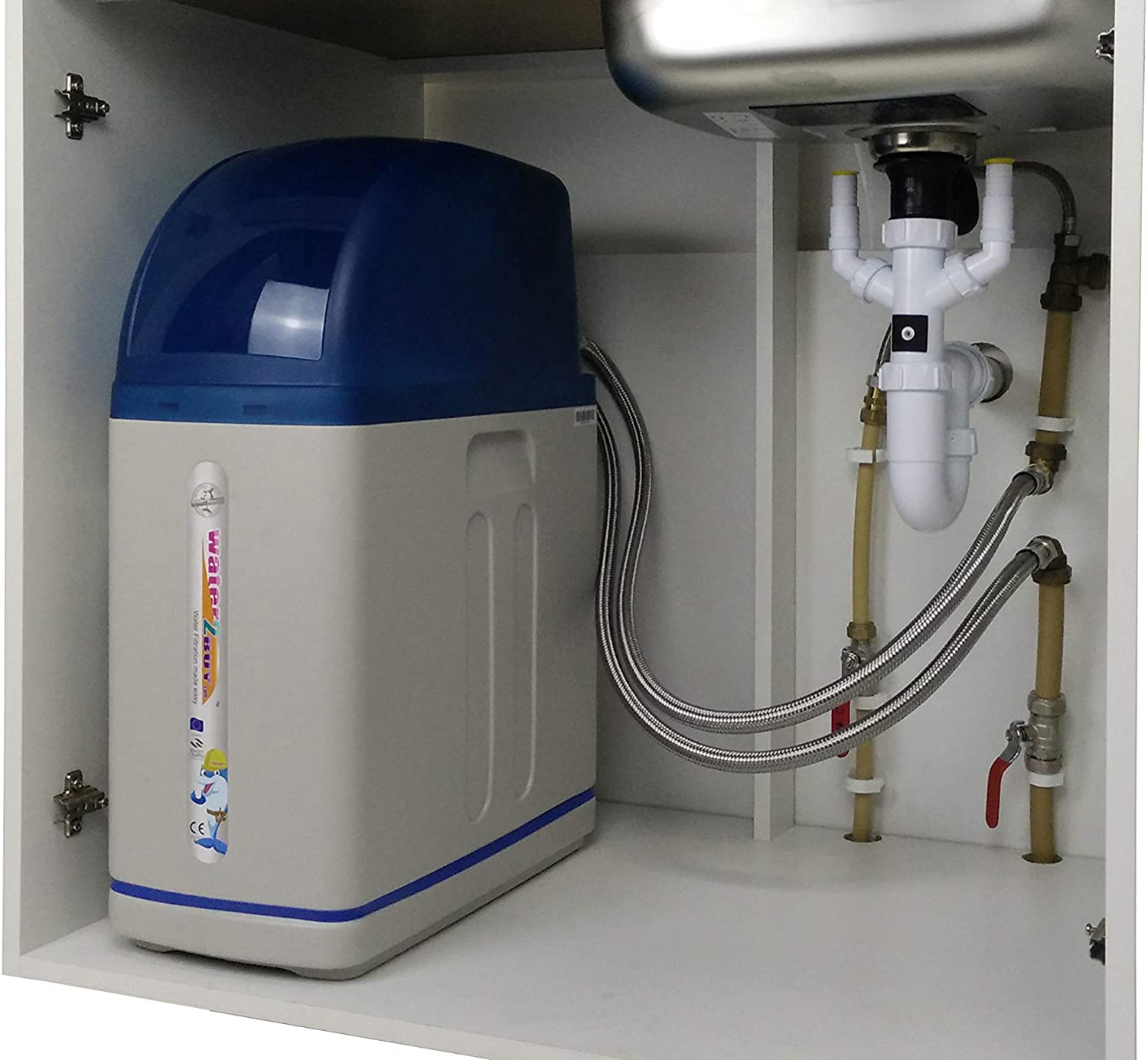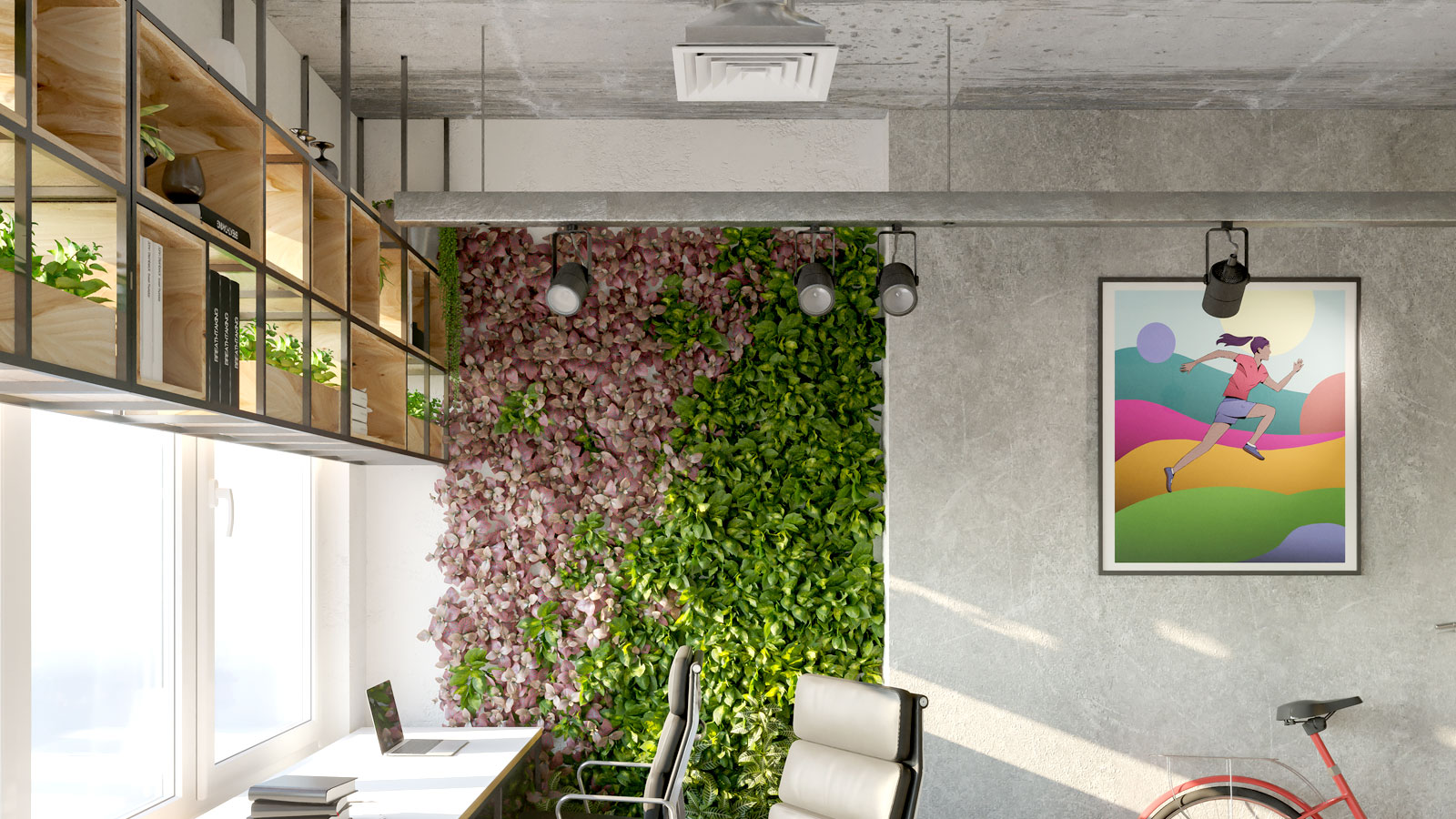Water Softeners: How to Deal with Hard Water in Your Home
Water softeners are a popular solution to hard water issues such as limescale. In this guide, we look at how they work, how much they cost and how to know if you need one

If you live in a hard water area, installing a water softener is a lifeline to dealing with the effects of limescale build up. Limescale isn’t only something that floats in your kettle, it affects your appliances, pipes, taps and even the health of your hair and skin.
Fortunately, minimising the issues caused by hard water is as easy as choosing to have a water softener installed, but what do you need to know about them? We dig into the facts (and myths) surrounding water softeners in this guide to help you decide if they’re the right choice for your home.
How Do Water Softeners Work?
All true water softeners are salt-based, and work by removing the calcium and magnesium in your water supply through the process of ion exchange. “Our twin cylinders are filled with millions of microscopic sodium charged resin beads which will attract all of the calcium and magnesium and replace those with sodium, giving fully softened water,” explains Tony Jones, general manager at Harvey Water Softeners.
“When the resin becomes exhausted a regeneration will take place, flushing all of the calcium and magnesium from the resin using a concentrated brine solution (that’s where the salt in your softener comes in) to return the resin to its original state, ready for the next softening cycle.”
While referred to as water softeners, salt-free and electromagnetic systems are actually more water conditioners, as they do not remove the calcium and magnesium from your water, rather stopping it from crystallising.
How do I Know if I Need a Water Softener?

50% of UK households have hard water — that's 13 million homes!
Limescale is one of the most obvious signs that you have hard water, and you’ll notice it especially around your taps and shower, as well as in your kettle. However, this isn’t the only place limescale builds up, and it can often be more problematic when it occurs in pipes and appliances.
Most water companies (and water softener companies) have postcode checkers you can use to determine the level of hard water in your area.
How Much Does a Water Softener Cost?

The cost of a water softener will depend on the size of your home, how many people live in it and the average water consumption, as well as the quality and features of the system you choose. Water softeners range from £300 for a compact, two person household system, up to around £2,000. Installation is likely to cost around a third of the price of the system.
Will a Water Softener Save Me Money?
You can expect a return on investment from a water softener. They’re relatively reliable systems with a lifespan of around 15 years, and they have the benefit of not only making your home more energy efficient, but saving on bills in other ways.
According to Harvey Water Softeners, by reducing limescale a water softener can save an average family of four up to £500 per year:
- Approx. £250 on cleaning products
- Approx. £90 on energy costs
- Approx. £190 on household appliance wear and tear and other maintenance costs
What are the Benefits of a Water Softener?
Alongside the cost savings, installing a water softener has several benefits:
- It eradicates limescale, which can otherwise be difficult to clean from bathrooms and kitchens and damage fixtures and fittings.
- No limescale will also benefit the lifespan of your appliances, meaning fewer repairs and replacements.
- Hard water can irritate skin, causing eczema and other skin conditions.
- Softened water lathers us easier with soaps, shampoos and laundry detergents, you won’t have to use as many products, which in turn is gentler on the skin and the environment.
- Protects pipes from limescale build up.
- Changes the taste of drinking water.
Is Soft Water Safe to Drink?
Softened drinking water isn’t recommended for mixing baby feeds or for those on a low-sodium or zero sodium diet prescribed by a medical practitioner, because the sodium level increases in softened water (note that sodium is not the same as salt, which is sodium chloride.)
“Softened water is perfectly safe to drink,” says Tony. “There are a few precautionary exceptions, but whether you want to or not is simply a matter of taste and preference.”
Salt is used in the softening process to clean and regenerate the resin that softens the water, but no salt gets into the water supply itself. Despite this, some people prefer the taste of hard water, and will install a drinking water tap or smart tap with filtered water function, alongside their water softener.
Get the Homebuilding & Renovating Newsletter
Bring your dream home to life with expert advice, how to guides and design inspiration. Sign up for our newsletter and get two free tickets to a Homebuilding & Renovating Show near you.
Hugh is editor of sister title Livingetc.com and former digital editor of homebuilding.co.uk. He has worked on a range of home, design and property magazines, including Grand Designs, Essential Kitchens, Bathrooms, Bedrooms and Good Homes. Hugh has developed a passion for modern architecture and green homes, and moonlights as an interior designer, having designed and managed projects ranging from single rooms to whole house renovations and large extensions. He's currently renovating his own Victorian terrace in Essex, DIYing as much of the work as possible. He's recently finished his kitchen renovation, which involved knocking through walls, and landscaping a courtyard garden, and is currently working on a bathroom renovation.

